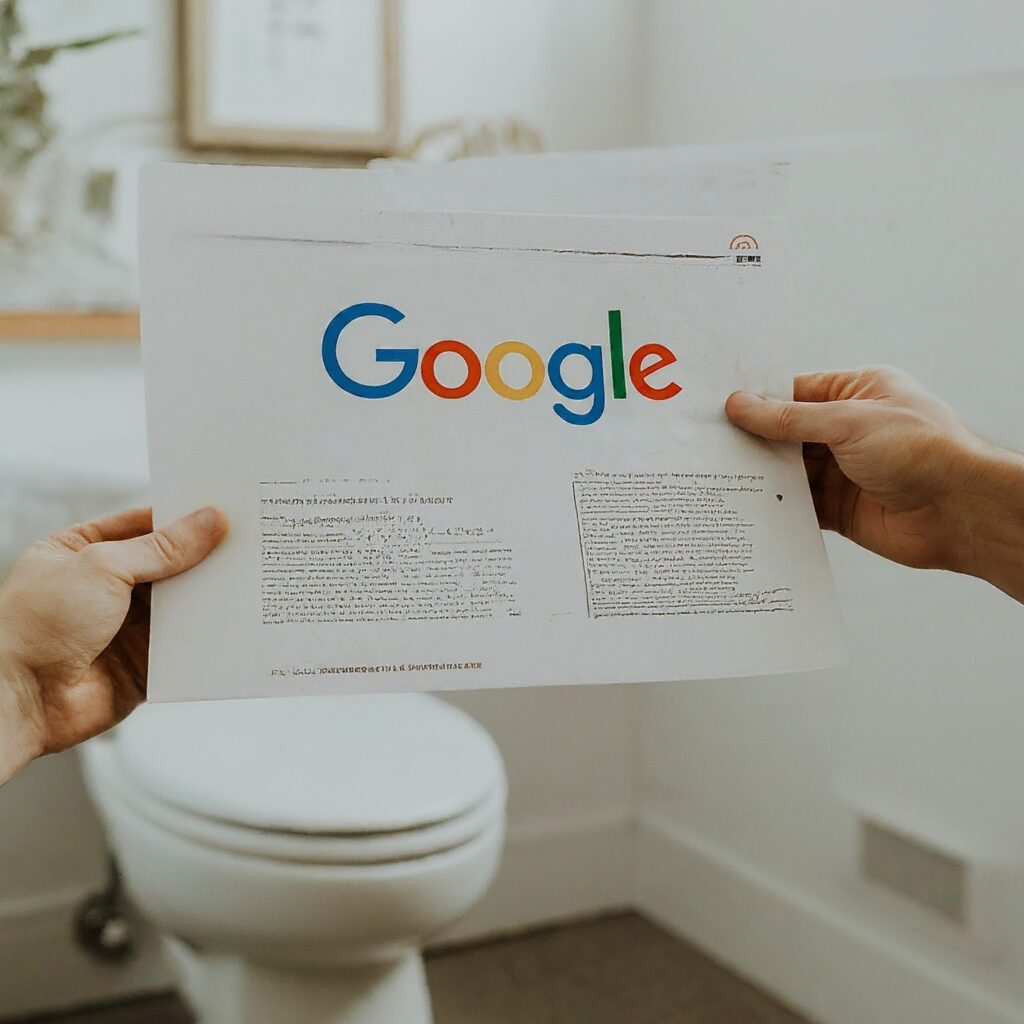SEJ Comments on SEO Tool Bullshit, Despite Not Acknowledging it’s Own (and Google’s) Crap
Oh boy, have I been waiting years for this!
I popped open my Google News feed today (which is a hodgepodge of political news, typical “business” movers and shakers news, and of course SEO BS) and read a great article by the, in my mind, one of the best contributors to SEJ (Search Engine Journal) in years, Roger Monti (also known by his OG SEO alias, Martinitbuster) .
Those of you who know me know I like to shit all over SEJ despite having the utmost respect for the site’s owners and editors, so I will preface this now – SEJ is a media brand who makes it’s money off of ad revenue, and I get it; they have a business to run.

And their business is clicks and eyeballs, and for years they have played a huge role in stirring the never-ending pot of SEO poop-talk, constantly feeding the toilet of SEO news, gossips, he-said-she-said SEO tips and tricks and whathaveyou.
Every month in SEO Slack channels somewhere is an article from SEJ that take’s a comment from a noteworthy Google spokesperson (like in this example Martin Splitt, a newer spokesperson in addition to John Muller or Gary IIlyes), takes a quote from said comment and runs it as a headline, and then starts a “controversy” about said comment that has been beaten to death like a dead horse (my favorite is the ongoing “link building doesn’t work” argument that seems to pop up once a year from Google / SEJ).
Today, however, we have a meta-esque moment where SEJ takes a Google comment and breaks the wall a bit to call out “SEO Tool” providers on THEIR bullshit, of course taking the comments from the big G as the defacto truth (this in a year when Google was basically proven to be lying over and over again about how their algorithm works).
It’s amazing to me that after the big “leak” anyone would bother to believe a word Muller or IIyes says, but in this case I mostly AGREE with the takeaways Roger and SEJ stand behind.
The main takeaway is that, many of the “SEO auditing tools” that exist out in the wild are essentially a bunch of bullshit – using old supposed ranking signals, some completely made up signals, stupid tech or marketing jargon BS, etc. to lead a user to believer they are “doing SEO”.
What’s funny is some of these tools have probably ran ads on SEJ or their staff has participated in one of their “educational” SEJ webinars at some point in the past. LOL.
Monti addressed some questions that were asked to Muller and Splitt, and discusses “outdated” or misleading things that typical auditing tools address. I’ll let you read the article yourself, and comment on some of these below to understand that, while Monti’s points are valid in certain circumstances, he too is misleading readers by completely contradicting his points. It’s incredible that this crap still exists in 2024.
Text-to-Code Ratio
An oldie for sure – auditing tools still use this thing?
CSS Minification
This is more of a “coding best practices” kind of thing. I used to include this as part of “housekeeping” in terms of having optimized code. Things like this a lot of SEO teams will put in the “technical” SEO bucket to claim they are making attempts to create a faster site (which was my early knowledge on the subject).
Meta description should be under 164 words
This is a great one – the idea that a meta description has to adhere to a character limit guideline or is not “good SEO” still exists. In the last few years I’ve personally ran into 2 instances where someone argued with me about both a character limit on a meta description AND including keywords in a meta description as “how to do proper SEO”.
Belief that keywords are mandatory in titles, headings, meta description and alt tags
Not mandatory, but here is where Roger misses his own point – he literally makes the case that “SEO is Subjective”, but fails to understand that for many, many SERPS, keyword in titles and H tags are probably a given in trying to rank for stuff.
Belief that titles should be “compelling” and “click-worthy”
There are just so many contradictions here. Fine, go ahead SEJ reader and create boring titles – wait are we including keywords in here or not, as stated in the above “belief”? My head hurts.
Belief that H1 is a strong SEO signal
H tags are pretty strong SEO signals for a lot of SERPS – fuck what Google says “is a signal” or not. If Roger’s point is that “SEO is subjective”, then sure, fine, but I cannot take anyone seriously who says that “H1 (or any H tag) is not a strong signal, that is a dated belief” when so many SERPS are still full of spammy web pages that rank because of keyword in H tags.
“SEJ Has Your Back on SEO”
I really highly doubt it, SEJ. Your entire existence is to create clickbaity content around the news and gossip of SEO world to sell ads, SEO tools you (at least in this article) claim are dated and not helpful, constantly create debate about even the simplest SEO ranking signals or tactics, pay the Google spokespeople on the back for their continued ambiguous advice, and create a never ending circle of questions and answers about SEO to keep readers coming back.
And without you, SEJ, I’d have no one to roast in a blog post like this. Keep up the good work, I guess?
